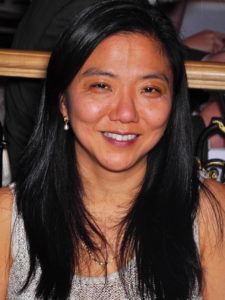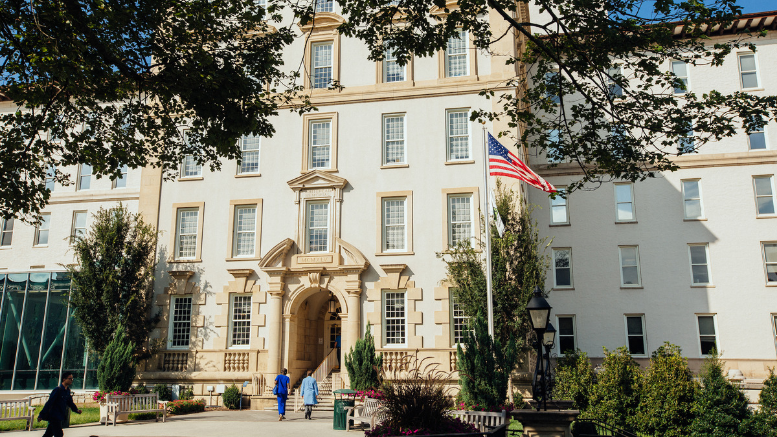 Frances Eun-Hyung Lee, MD, director of The Emory Clinic’s Asthma, Allergy, and Immunology program and associate professor of medicine in the Division of Pulmonary, Allergy, Critical Care, and Sleep Medicine, has been awarded a five-year, $3.4 million U01 research grant from the National Institute of Allergy and Infectious Diseases (NIAID). Her study, entitled “Human vaccine durability using integrated bioinformatics and a novel in vitro bone marrow mimic” aims to develop novel in vitro biomarkers of vaccine durability to understand the molecular mechanisms.
Frances Eun-Hyung Lee, MD, director of The Emory Clinic’s Asthma, Allergy, and Immunology program and associate professor of medicine in the Division of Pulmonary, Allergy, Critical Care, and Sleep Medicine, has been awarded a five-year, $3.4 million U01 research grant from the National Institute of Allergy and Infectious Diseases (NIAID). Her study, entitled “Human vaccine durability using integrated bioinformatics and a novel in vitro bone marrow mimic” aims to develop novel in vitro biomarkers of vaccine durability to understand the molecular mechanisms.
“Today’s vaccines generate plasma cells that secrete protective antibodies to prevent infection and death,” says Lee. “It is a small fraction of these plasma cells that survive for a life-time that determine lasting protection from vaccines. These long-lived plasma cells (LLPC) are the mainstay of effective vaccines, but we do not know how they form.”
Her research will study mechanisms of LLPC generation to predict the longevity of vaccine protection. The grant will also allow her to study disease models in systemic lupus erythematosus, where LLPC can reside, to better understand the survival of LLPC in healthy adults.
“By understanding LLPC generation and maintenance, we will be able to develop better vaccines to protect us for a life time,” Lee says.


Be the first to comment on "Frances Eun-Hyung Lee, MD receives $3.4 million U01 grant to develop more effective vaccines with sustained protection"